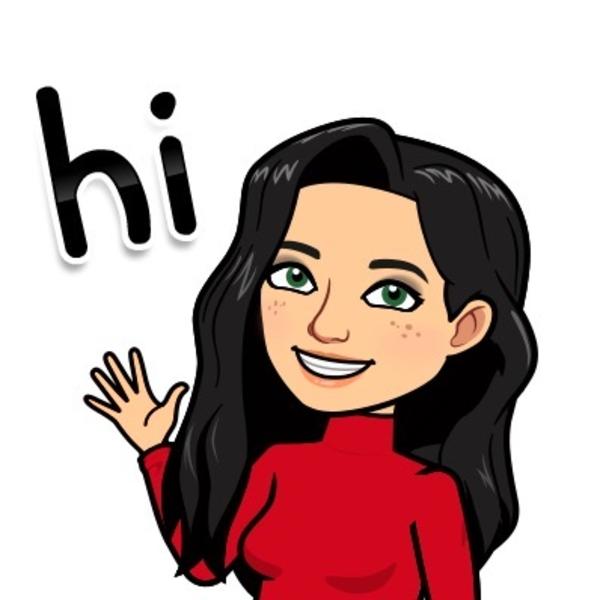Emily Shin
Student
Youth with disabilities face cruel stigmas and presumptions made about them solely because they have a disability. Emily is a dedicated and compassionate volunteer at Holland Bloorview Kids Rehabilitation Hospital where she has learned about injustices and inequalities facing people with special needs or disabilities. These inequities are present in the representation of people with disabilities in her communities outside Holland Bloorview as well. As an able-bodied teenager, Emily is committed to educating herself and others on these matters of injustices and to spread awareness and stigmas first hand.
Jacob Buchan
Student
In an age of global pandemic, social isolation, and the dominance of digital technology, what benefits could there be to reading dusty old tomes of “classic” literature?
Plenty.
Moral clarity, precise language, and nuanced insights abound in these works. When much of the world seems skewed and strange, these writings remind us of our shared humanity, granting both solace and inspiration. Rewarding, engaging, enlightening, reading classic literature -- maybe a paragraph, maybe a page -- is both practical and profound.
Julianna Cook
Student
This speech centers around the education system and how it influences a child's way of learning and individual interests. I focus on the traditional ways of teaching students and how as we go through our education, every student is funnelled through the same process. There is very little fluctuation in teaching styles despite the individual needs of each person. There are many studies surrounding outdoor learning and Unschooling, a form of homeschooling, and each come with their own benefits. Students seem to thrive in an environment where they can focus on individual interests and strengths as opposed to being forced into one system.
Justin Jeong
Student
Just to the south of our border we saw the detrimental effect corporate media can have. Media is one of the agents of socialization and as one, media can move and compel us, sometimes empower us, and enlighten us. However, it can also distract us, manipulate us, indoctrinate us, and most importantly, divide us. Journalism used to be the champion of our liberty, freedom of press and freedom of speech. But it seems that by late, this cannot be further from its original values. Many might blame the corporate media for this tragedy, but it is merely just a symptom of our actual illness. The inability to face one’s problems is what lead us here. By doing the contrary, we might bring back our once beloved journalism.
Oscar Jiang
Student
Oscar feels like a different person at times and was never really able to grasp an understanding of what defines him, nor uncover the mystery of who he really is. However, he proposes a theory that there might be alternating versions of ourselves living within us to form who we each are individually as the Persona Theory. While some feel like imposters for their achievements, Oscar hopes to create a difference by nurturing his and other’s inner selves by understanding who we are overall as some personas are imposters while others deserve the results.
Patricia Vastis
Student
Patricia Vastis redefines and examines the true meaning of the word healthy. She tells her own stories of her eating disorder struggles and uses societal examples to paint a picture the unrealistic expectations and provides solutions to find happiness with your body, and to redefine the meaning of healthy.
Rhea Siromani
Student
Change is something that we encounter in our everyday lives. Everyone faces it, but not everyone reacts well to it. Rhea Siromani argues that it is in human instinct to fear change and illustrates the importance of learning to accept and adapt to it. Through her personal encounters with change, she claims that it is often the most significant transitions in our lives that result in the best outcomes and experiences.
Shyam Subramanyam
Student
Information is everywhere and takes a great place in our life, it influences our actions, our perceptions of society and even our purchasing habits. The most common and the most easily manipulated is statistics. We see a number and it must be true. Shyam shines a light on how easily statistics can spin stories that leave us in a daze.

